(PLVN) - Regarding the debate surrounding the draft Decree on petroleum, the Ministry of Industry and Trade has just released information stating that the Ministry will accept these comments.
Will present the plan for traders to distribute and trade with each other.
According to the Ministry of Industry and Trade, during the process of collecting opinions on the draft Decree on petroleum trading, many distributors said that "removing the regulation on petroleum trading between petroleum distributors is to limit the business rights of small and medium-sized enterprises, is discriminatory, and creates business advantages for enterprises with monopoly positions". Therefore, petroleum distributors proposed to continue to regulate that petroleum distributors have the right to trade petroleum with each other as it is now, to create more supply sources for other petroleum distributors and retail traders in case the petroleum supply from the main trader suddenly encounters problems.
The Ministry of Industry and Trade believes that, in reality, the mutual trading of petroleum by TNPP does not create a new supply source for the market because the responsibility for ensuring the supply lies with the main petroleum traders. The fact that TNPP is not allowed to trade petroleum with each other does not eliminate competition in the market. Traders in each market segment are still free to compete with each other.
Furthermore, according to the inspection agency, through the inspection process, allowing TNPP to buy gasoline from each other creates many intermediary levels in the distribution stage (secondary market), increasing costs in this stage, leading to low discounts at the retail stage, and making it difficult to control supply.
However, taking into account comments, the Ministry of Industry and Trade will submit to the Government two options, including the option of TNPPs being able to buy and sell with each other, both to comply with the recommendations of TNPPs and to create conditions for diversifying the gasoline distribution system. However, the Ministry still believes that this option will not accurately determine the actual amount of gasoline consumed in the market when traders buy and sell with each other, creating "virtual" data. At the same time, there is a risk of leading to low discounts at the retail stage, causing retail businesses to limit sales to the market due to losses.
Expected to announce prices of only 2 petroleum products
The Ministry of Industry and Trade said that during the process of collecting opinions on the draft Decree, there were other opinions on the mechanism for managing gasoline prices. , it is proposed that the State should let enterprises proactively calculate and decide on selling prices according to the market mechanism in the direction that the State publishes the price calculation formula, international reference price and average premium; does not publish business costs and standard profits. Based on the price calculation formula and reference price announced by the State, key traders and TNPPs decide on wholesale and retail prices and the time to adjust prices according to the market mechanism.
Petroleum traders are responsible for completing procedures to declare and announce the prices they decide according to the provisions of law. In case the petroleum market is unstable and there is a decision to stabilize prices, the principles for adjusting petroleum prices as stipulated in the draft Decree shall be followed.
The Ministry of Industry and Trade assessed that, according to this plan, enterprises can completely proactively decide on the selling price of gasoline and oil and it is closer to the 2023 Law on Prices. However, there are also disadvantages because the costs of enterprises are different, leading to different gasoline and oil prices in different areas, especially in remote areas where costs will increase, causing difficulties for people in these areas; the State does not have control tools and can lead to shortages, supply disruptions and shortages, and price fever in remote areas.
The State's plan to announce ceiling prices according to the draft has the advantage that the State maintains a tool to control gasoline prices, thereby monitoring supply. But it also has the disadvantage that "it is not close to the Law on Prices because it still controls gasoline prices through ceiling prices. Enterprises are not completely proactive in deciding prices according to market mechanisms".
The Ministry of Industry and Trade stated: "This is a big problem. Petroleum is a sensitive commodity that affects economic security and energy security. The implementation of petroleum prices according to market mechanisms needs to be carefully considered and have a roadmap for implementation."
Therefore, the Ministry of Industry and Trade still retains the tools to control prices. However, to move one step further towards the roadmap for complete marketization of domestic gasoline prices in the future, the Ministry of Industry and Trade plans to change the draft in the direction that the Decree only announces the world gasoline product prices for two popular consumer goods on the market (including RON95-III gasoline, 0.05S diesel) instead of announcing the prices of five products as at present (RON95-III, 0.05S diesel, E5RON92, mazut, kerosene).
Explaining this change, the Ministry of Industry and Trade said that RON95-III gasoline and DO 0.05S-II diesel have a large consumption ratio, affecting the majority of consumers, so the State needs to continue to announce world prices and input factors for businesses to calculate and announce according to the formula. As for the remaining items, the consumption ratio is not large, so businesses can proactively decide on selling prices on the market. Traders who announce gasoline prices must declare prices according to regulations. In case of unreasonable price increases, they will be inspected and handled by competent state agencies.
The Ministry of Industry and Trade affirmed that this is the new content of the draft Decree, a pilot step, market exploration to gradually apply gasoline prices completely according to the market mechanism.
Source: https://baophapluat.vn/de-xuat-nhieu-phuong-an-moi-trong-du-thao-nghi-dinh-lanh-doanh-xang-dau-post532724.html








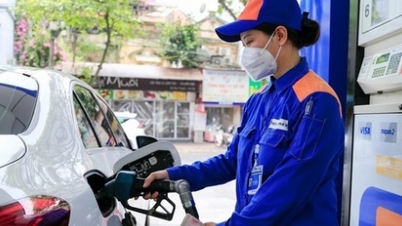

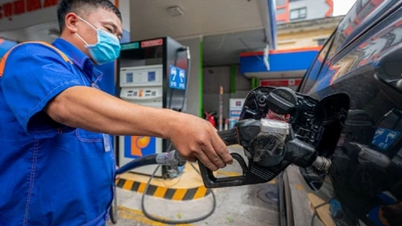





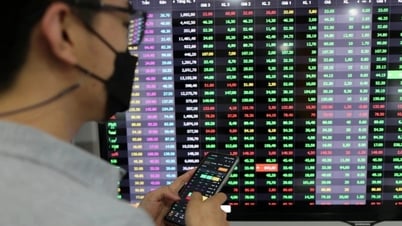

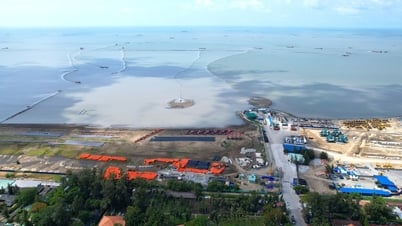

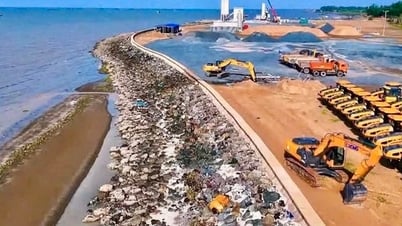








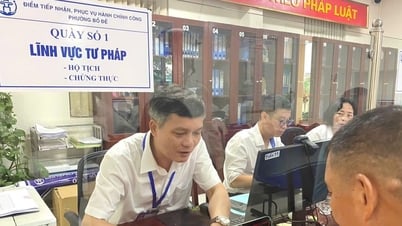

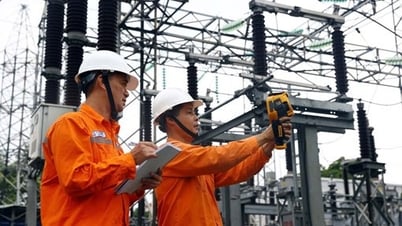

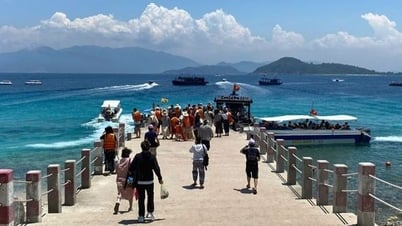
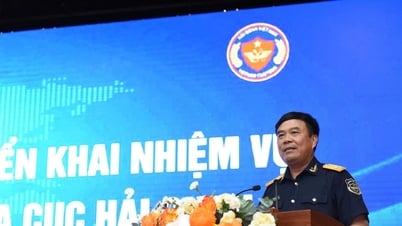


































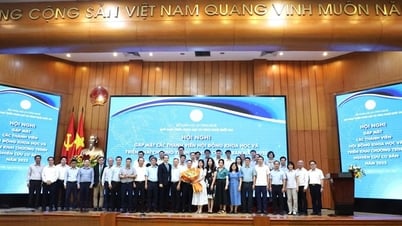

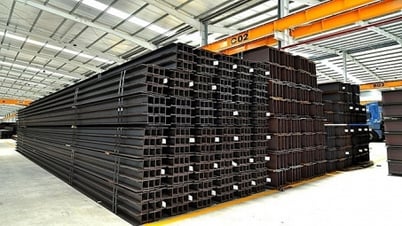




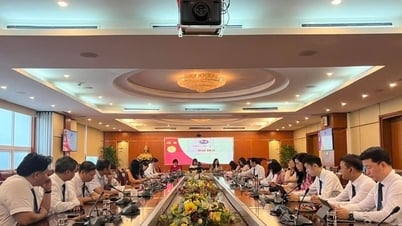
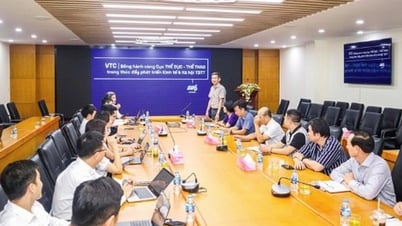


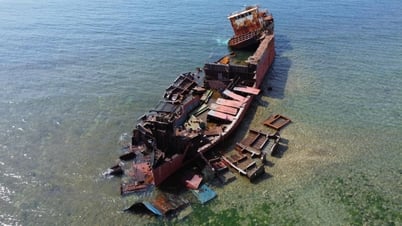

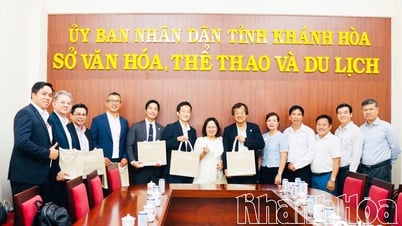

















Comment (0)